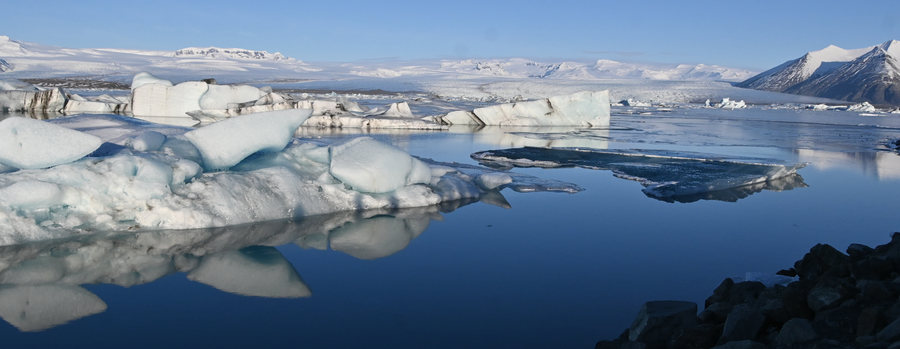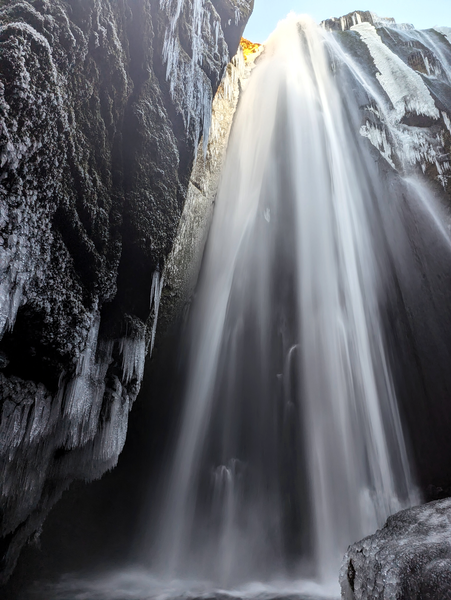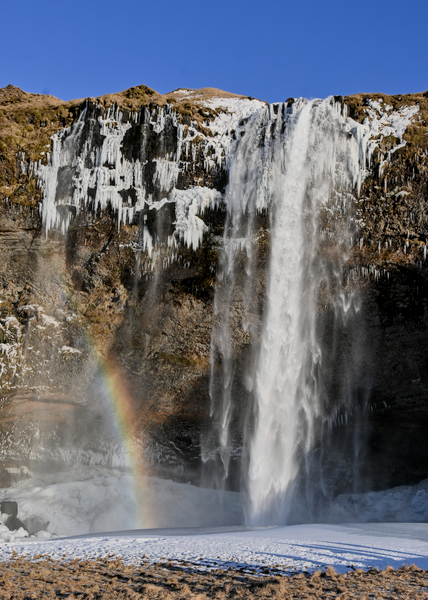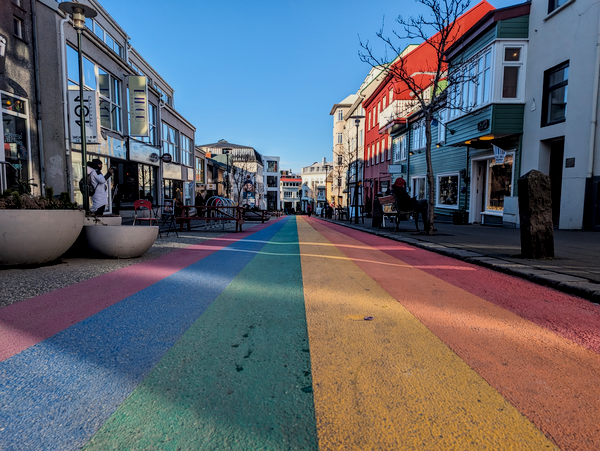Photos
Recent Iceland pages
The land where you can cross continents in a single leap - by Bushman
see more...
Iceland, often referred to as the "Land of Fire and Ice," is a captivating Nordic island nation situated in the North Atlantic Ocean. Renowned for its stunning landscapes, rich cultural heritage, and resilient people, Iceland is a unique blend of geological wonders and historical significance.
Geographically, Iceland is a land of extremes, featuring dramatic contrasts shaped by its location on the Mid-Atlantic Ridge. Volcanic activity has endowed the country with a remarkable topography, including geysers, hot springs, and lava fields. Vast glaciers, such as Vatnajokull, Europe's largest ice cap, dominate the landscape, creating a breath-taking juxtaposition of ice and fire.
The island's history is deeply intertwined with its natural environment. Settled by Norse explorers in the 9th century, Iceland became a hub for Viking culture and a strategic outpost in the North Atlantic. The country's early history is chronicled in the medieval sagas, epic tales that capture the exploits of early settlers and their struggles for power. Despite facing isolation and harsh conditions, Icelanders developed a unique societal structure based on democracy and cooperation, exemplified by the Althing, one of the world's oldest parliaments, founded in 930 AD.
Iceland's culture is a vibrant tapestry woven from its Norse roots and contemporary influences. The Icelandic language, with its ancient grammar and vocabulary, has been preserved through the centuries, fostering a strong sense of national identity. The arts thrive in Iceland, with literature playing a particularly significant role. Renowned authors such as Nobel laureate Halldur Laxness and contemporary wordsmiths continue to contribute to the nation's literary legacy.
The music scene in Iceland is eclectic, ranging from traditional folk songs to innovative contemporary compositions. Internationally acclaimed artists like Bjork and Sigur Ros have brought Icelandic music to global audiences, showcasing the country's creativity and innovation.
Icelandic cuisine reflects the island's challenging environment, with an emphasis on seafood, lamb, and dairy products. Local specialties include fermented shark (hakarl) and the iconic lamb soup. Additionally, the country's commitment to sustainable practices is evident in its geothermal-powered greenhouses, providing fresh produce even in the harsh Arctic climate.
Beyond its cultural richness, Iceland is a pioneer in harnessing renewable energy. Abundant geothermal resources and hydropower make Iceland a global leader in sustainable practices. The Blue Lagoon, a world-famous geothermal spa, is a testament to the harmonious integration of nature and modern amenities.
Iceland's contemporary society is known for its progressive values, ranking high in global indices for gender equality and quality of life. The resilience and adaptability of the Icelandic people, shaped by their unique history and environment, continue to inspire admiration worldwide.
In conclusion, Iceland is a land of breath-taking landscapes, ancient sagas, and a modern society that cherishes its heritage while embracing innovation. Its story is one of a nation that has not just survived, but thrived, in the face of natural challenges, leaving an indelible mark on the world.





